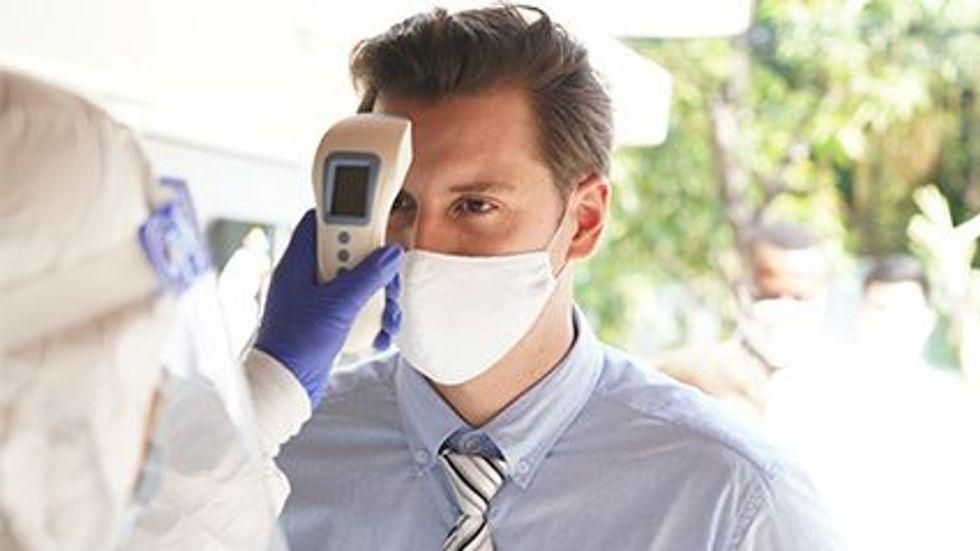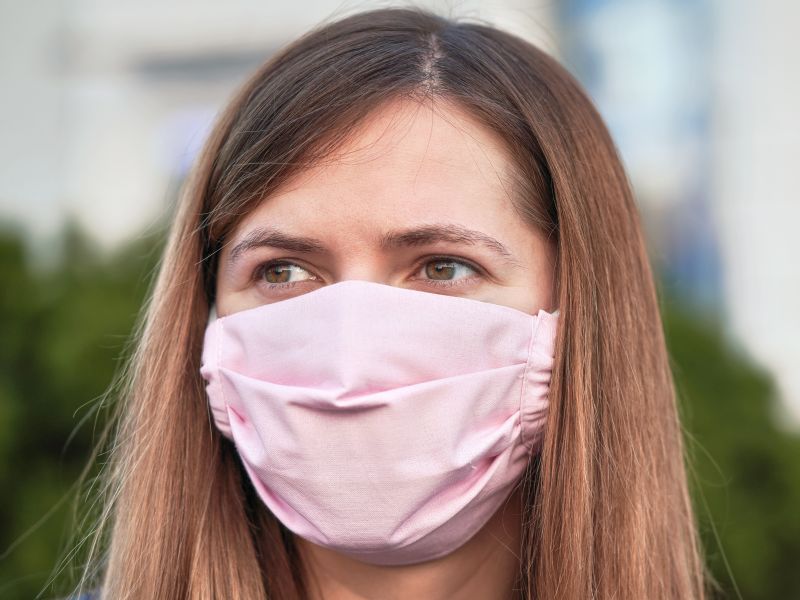
Want to look more alluring? Wear a mask. Really. That’s the takeaway from Welsh researchers who found that masking up may make men look more attractive to the opposite sex and that some kinds of masks do a better job of this than others. “Research carried out before the pandemic found medical face masks reduce… read on > read on >


















